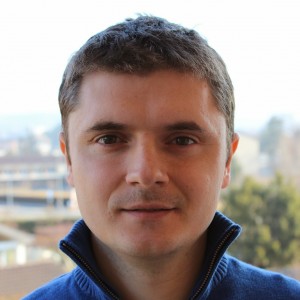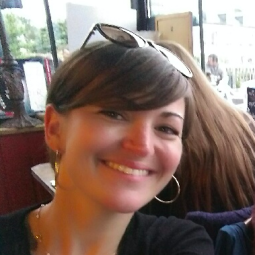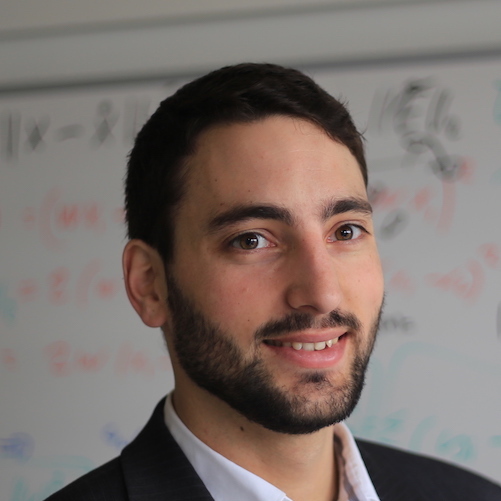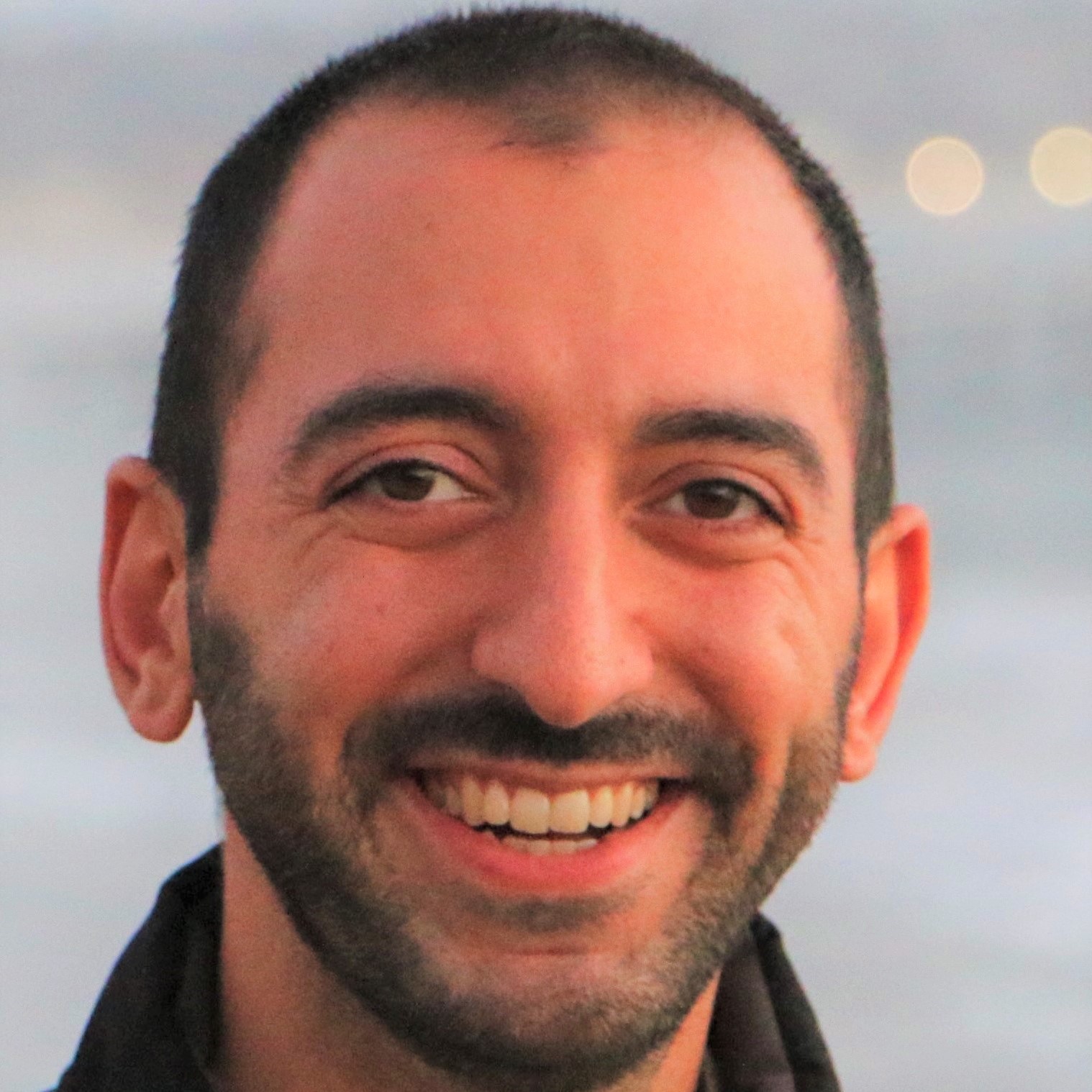
Dan Alistarh
Assistant Professor, IST Austria Machine Learning Research Lead at Neural Magic
Compressing Deep Neural Networks for Fun and Profit
Deep learning continues to make significant advances, solving tasks from image classification to translation or reinforcement learning. One aspect of the field receiving considerable attention is efficiently executing deep models efficiently on resource-constrained environments, such as mobile or end-user devices. This talk focuses on this question, and will overview some of the model compression techniques we have developed over the past couple of years, and applied to practice at NeuralMagic, a Boston-based startup. In particular, I will talk about tools for inducing high weight (kernel) sparsity in convolutional neural networks, as well as techniques for exploiting and enhancing activation sparsity in deep networks with ReLU-based networks. The lecture will also include a demo, showcasing some of the practical speedups we can achieve on real deployments.


